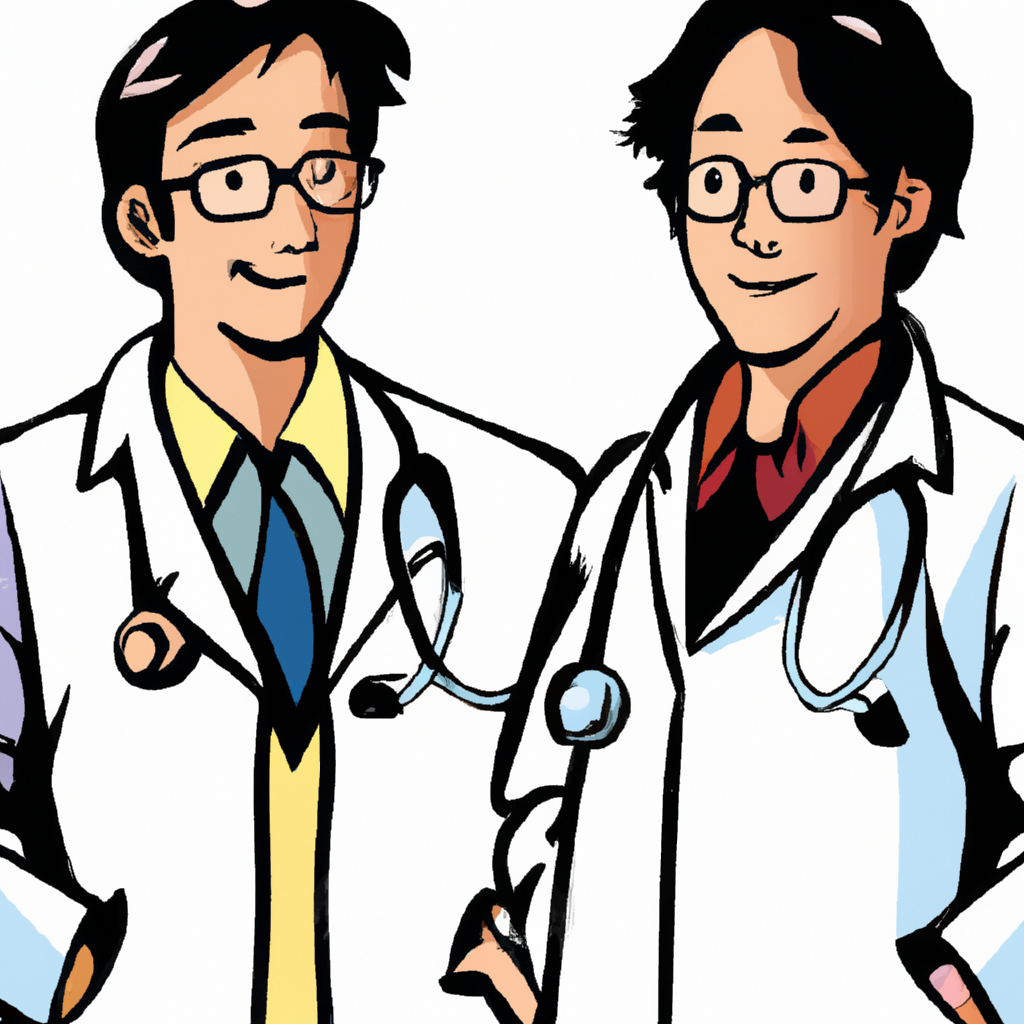The medical field is home to two distinct types of physicians with different sets of initials following their names – MD and DO. These abbreviations stand for medical doctors (MD) and doctors of osteopathic medicine (DO). Although both MDs and DOs are licensed to practice medicine and provide high-quality care, they possess several significant differences. In this article, we will delve into seven key distinctions that set MDs and DOs apart.
One of the primary disparities lies in the educational backgrounds of MDs and DOs. MDs attend allopathic medical schools where they undergo training in the traditional approach to medicine. This curriculum focuses on the study of symptoms, diagnoses, and treatment involving drugs or surgical interventions. Conversely, DOs attend osteopathic medical schools, receiving training in both conventional medical practices and osteopathic manipulative treatment (OMT). OMT entails the use of hands-on techniques like stretching, pressure, and resistance to diagnose and treat various musculoskeletal conditions.
Another divergence between MDs and DOs lies in their philosophies of care. MDs primarily emphasize the use of medications and surgery to treat illnesses. Their focus tends to be directed towards symptom management, utilizing drugs to alleviate patients’ conditions. In contrast, DOs take a more holistic approach, considering the interconnectedness of the body’s systems and placing a stronger emphasis on preventive care. They are more likely to advocate for lifestyle modifications, nutrition, and exercise, aiming to address the root causes of illnesses.
MDs and DOs also vary in terms of their training and specializations. MDs tend to have a broader range of specialization options, including various medical specialties such as cardiology, pediatrics, or anesthesiology. They are often found at the forefront of cutting-edge research and medical advancements, primarily in hospitals or specialized clinics. DOs, while also able to choose from a wide range of specialties, often lean towards primary care, such as family medicine, internal medicine, or general practice. They tend to focus on building long-term relationships with their patients, providing comprehensive and continuous care.


The licensing exams for MDs and DOs differ as well. MDs are required to pass the United States Medical Licensing Examination (USMLE), divided into three steps, to obtain their license. DOs, on the other hand, must pass the Comprehensive Osteopathic Medical Licensing Examination (COMLEX), also divided into three levels. Although the content of both exams covers similar medical concepts, the COMLEX incorporates questions on osteopathic principles and OMT.
When it comes to medical residency programs, another distinction arises. MDs can apply to both MD and DO residency programs. However, DOs have the option of applying to both DO and select MD residency programs through a system called the American Osteopathic Association (AOA) Intern/Resident Registration Program (the “Match”). This allows DOs to choose from a wider pool of programs and ensures equal opportunities for residency training.
Lastly, MDs and DOs may differ in the public’s perception of their credentials. While both MDs and DOs are licensed and capable doctors, some individuals may be more familiar with the term MD due to its historical prevalence. However, it is crucial to note that both degrees require rigorous education and training, and both types of physicians can provide quality medical care.
In conclusion, the differences between MDs and DOs go beyond mere initials. Their educational backgrounds, philosophies of care, specializations, licensing exams, residency programs, and public perception all set them apart. Nevertheless, it is important to remember that MDs and DOs share a common goal of providing excellent healthcare to patients and working towards the well-being of the communities they serve.







